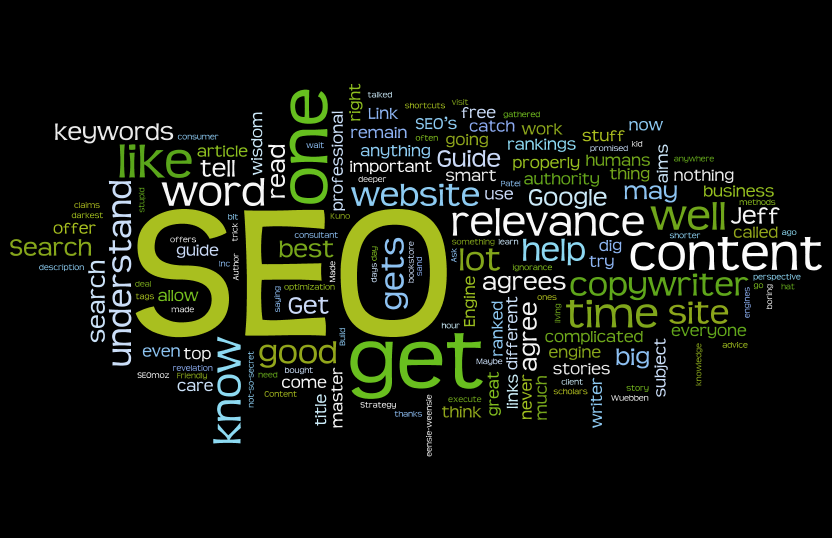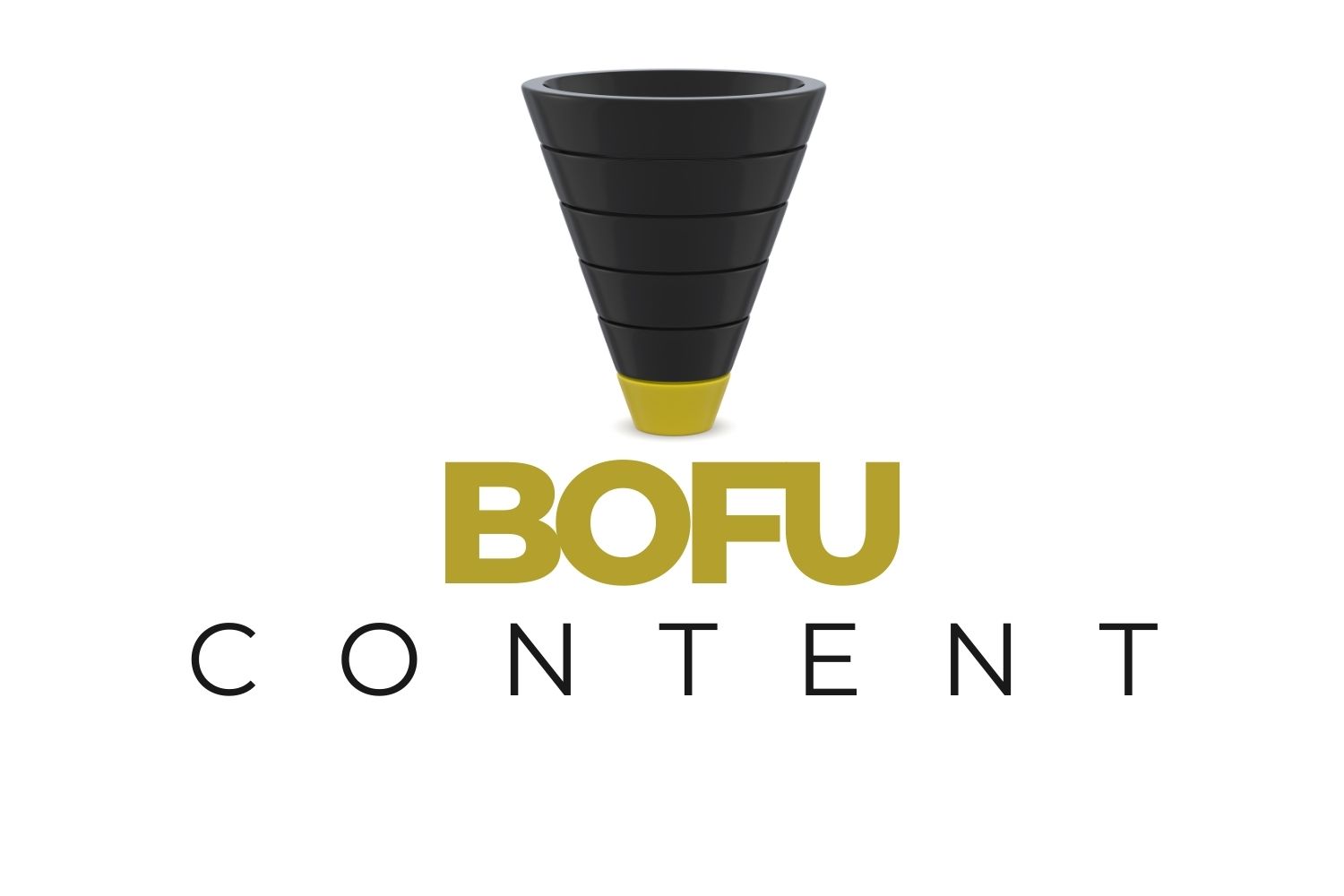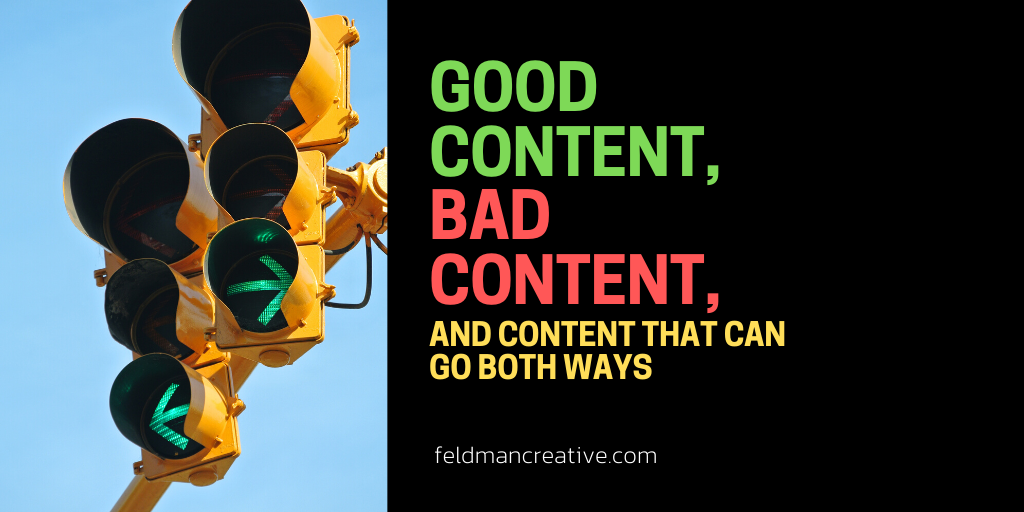21 Pointers to Sharpen Your Website: Part 5
(This story has been read over 12,500 times at Social Media Today, where I contribute articles about online marketing.)
About 3 years ago, a client pointed out to me that my website seriously lacked SEO. He appeared to know a lot more about the subject than me (which at that time definitely wasn’t saying a lot), so I thought it best to listen. We did lunch. He talked a lot. I nodded a lot. When I was a kid, my parents made me go to this school where they spoke Hebrew. My first SEO lesson felt a bit like that.

That level of ignorance didn’t set well with me. I knew this was important stuff and the longer I allowed my head to remain buried in the sand, assuming Google would remain master of the world, the shorter I’d stay in business as a copywriter.
So I went to the bookstore. One title promised I’d master SEO in an hour a day and another claimed it’d catapult me to the top of the rankings. I bought them both. I dug into one, but didn’t dig it. I tried the other one. Same story.
You know what happens when you read books about SEO? You get overwhelmed. You get frustrated. You feel stupid. You get sleeeeeeeeeeeepy.
SEO is boring.
We both know it’s true. It’s technical and complicated and you can rack your brain all you want, but you’re never going to come up with a reason why anyone should care for such a monster.
I don’t even like the name: SEO, search engine optimization. When you get the hang of it, whatever it actually is, you don’t get to optimize the search engine, do you?
And I’ve saved the most loathsome of all its traits for last. SEO can’t be mastered. Don’t believe me? Ask the masters. They’ll tell you SEO’s deepest, darkest, not-so-secret secret. Its one and only truth is it never rests. It’s ever changing. You can’t catch on to something that can’t be caught. You might as well try and catch the wind (thanks, Donovan).
We can all understand one simple thing.
Read 10 stories on SEO and you get, well, 10 different stories. No one agrees on anything. Or should I say everyone agrees on nothing?
I lied.
Everyone seems to agree on one eensie-weensie word of wisdom. The word is relevance. While 1,001 SEO schmoes may have 1,001 different fail-safe, white hat, field-proven tactics, everyone agrees the one thing all search engines are after is relevance. So come what may, scholars and simpletons can once and for all agree: the most effective SEO strategy of all time is to produce relevant content.
I wish I could be more helpful.
400-plus words into this article… the big build-up… the word play… the lame jokes and all you get is this big honkin’ no-duh revelation? Sorry about that.
But wait. Maybe I can offer some pointers to help route your way to relevance. I put in the time, so I’d like to try to save some of yours. I’ll tell you what appears to be the best of what I’ve gathered and share some of the sources from which I did the gathering.
You start with keywords. Search is a word business. Carefully select keywords and use them with care—not too much, not too little. Your keywords must relate to your niche and the content you create aims to establish your authority in it.
Jeff Quipp of Search Engine People Inc. unravels methods for identifying keyword opportunities in HubSpot’s “Learning SEO from the Experts” free guide.
Get your website right. Please understand the days of gaming Google have gone by. So nix the tricks and sack the shortcuts. They’re for rank amateurs, not top rankers. That said, you need to get a handle on the SEO basics, which allow your site to be properly indexed. Most importantly, you have page titles, description meta tags, headings, site maps, properly structured URLs and “alt” attributes for your images.
It’s not as complicated or overwhelming as you may think. Google offers a “Search Engine Optimization Starter Guide.” Trust me, it’s best to learn the rules of the road from the ones who mapped it. Even if you’re going to outsource your on-site SEO, read this.
Build links. Notice the use of the word “build” and the absence of “buy.” Inbound links, often called backlinks, influence your authority and relevance, hence, your rankings, more than anything. This most important of all search-related tasks takes time, commitment, and perseverance. It also calls for some knowledge, so allow some smart, stand-up content marketers to clue you in on this subject.
Kuno Creative gives you need-to-know definitions, rationale, and a good grounding on right and wrong in its concise “2012 Marketer’s SEO Guide to Link Building.”
Author Jon Wuebben spells out techniques in “Writing Link Friendly Content,” a good read from a good writer.
Write well. Let’s get real now. Over time SEO gets you ranked. Getting ranked high gets searchers to visit. But getting visitors gets you nothing unless readers find what they’re after in the form of informative and engaging content. So get a professional website copywriter on your team. Get a professional blogger. Get a content marketing consultant to help forge a smart plan and execute.
While I don’t agree the term “SEO copywriter” amounts to much, I will tell you your website copywriter should understand SEO principles, offer sound advice for helping you achieve the relevance you seek, and above all, know how to appeal to the living, breathing humans who consumer your content. Robots have no buying power.
Allow me to point out one great young writer, Jeff Goins, who writes extensively on SEO for humans, in a fun article series as well as an email course. Much like yours truly, Jeff aims to help you understand how SEO and copywriting work together.
Oh, so you’re starting to like this stuff?
I take it all back. SEO’s not so bad. The trick is to keep it in its proper perspective. When it becomes an obsession, your work gets calculated, less credible, and less compelling.
If you’d like to dig in even deeper, I recommend:
SEOmoz — This company knows the turf. Check out their site and blog and help yourself to their free “Beginners Guide to SEO.”
QuickSprout — Neil Patel claims to be “kind of a big deal.” His site’s quite frank and a good source of SEO wisdom.
WordTracker — Great site offering great tools and a whopper of a deep-diving freebie in a 99-page guide called “SEO Made Simple.” I think that may be the most oxymoronic title I’ve seen anywhere. By now, I imagine you know why I say that.
What say you?






Comments
chris (longtime SEO)
At first I thought you were another “SEO basher” but you make some good points.